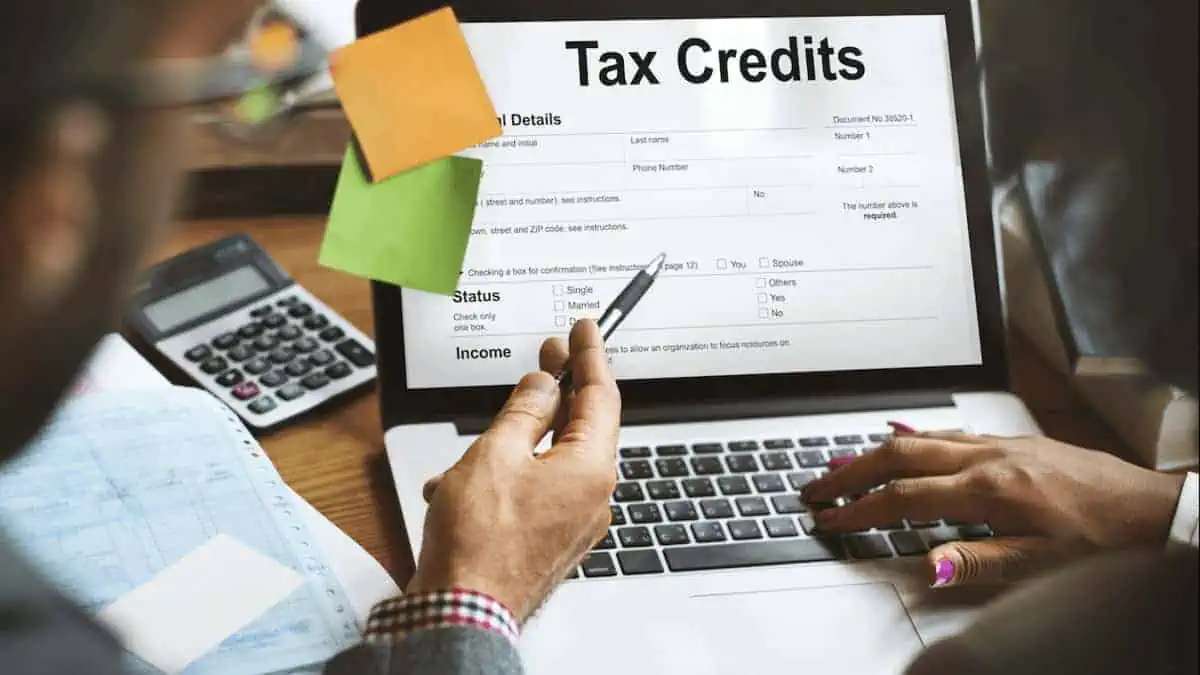New South Wales Treasurer Daniel Mookhey announced plans to eliminate the $3,000 subsidy for new electric vehicle buyers from the upcoming state budget.
The plan is apparently part of the NSW Government’s effort to focus on expanding and improving the state’s EV charging infrastructures, The Sydney Morning Herald reports.
Policy changes
NSW’s Labor government plans to withdraw the current rebates it offers new EV customers and stamp duty exemptions for owners as early as January 1, 2024, as disclosed in the state budget on Tuesday.
The government expects this move to enable a $527 million saving. Of that total, $260 million will go to charging infrastructure projects. According to the report, it will focus on “drivers in regional NSW, renters, people who live in apartments, and motorists who do not have access to home charging.”
Despite the backlash, Treasurer Daniel Mookhey argued that government benefits should not be centralized in the “hands of the few.” He further explained that it could raise EV costs, which would only result in higher profits for automakers.
The Driven also noted that the state will also impose a road tax “in 2027.” However, the state government has yet to define it, but it is potentially about “2.5c/km.”
Current EV subsidies
NSW’s current EV policy offers a $ 3,000 subsidy for sub-$68,750 new models, as EV-a2z reported.
Apart from that, it also excludes new and used EVs capped at $78,000 from the stamp tax.
These benefits substantially aided buyers to afford the expensive costs of electric vehicle models. However, Premier Chris Minns now suggests that these subsidies and tax exemptions could boost EV pricing in NSW.
“We’ve got a subsidy in place that we think is pushing up the costs of EVs and we’re seeing EVs take up from about two per cent to eight per cent in the marketplace. Given all of those moving policy changes, we’re going to have to say something about it in the… budget, which is due in a month’s time, but any government faced with that set of policy circumstances would have to take it into consideration.”
Premier Chris Minns
Why is it necessary?
Energy and Climate Change Minister Penny Sharpe strongly asserted that expanding the adoption of electric vehicles in the state is a crucial part of the government’s effort to achieve carbon neutrality.
However, the lack of sufficient and reliable charging infrastructures remains a top barrier that discourages drivers from joining the shift.
In response, the government aims to redirect its focus and resources to establishing and improving the state’s charging network.
“To facilitate EV uptake, the NSW government will increase funding to essential infrastructure.”
Penny Sharpe, Energy and Climate Change Minister
It is also worth noting that the NSW Government has struggled to manage its state budget for four years. In fact, it expects to suffer from another $7.1 billion deficit for this financial year.
Moreover, its debt has also substantially increased since the outbreak of the COVID-19 pandemic. Treasurer Mookhey even acknowledged that the state currently risks losing its triple-A credit rating from two international rating agencies.
“We will be presenting a solid and strong plan to repair the state’s finances, and I will engage with the ratings agencies. But I’m certainly not going to hide the fact that the state’s remaining triple A credit ratings are under pressure. We’ve got more work to do to turn around some of the problems that are causing the state financial difficulty.”
NSW Treasurer Daniel Mookhey
The NSW Treasurer developed a two-phase financial repair approach starting on Tuesday. It will remain in the upcoming state budget in June 2024.
See Also:
- NSW Premier threatens the industry to withdraw the EV subsidies
- NSW to implement AUD2,200 fine for “ICEing” EV charging stations
- NSW and Victoria to boost electric vehicles in Australia
- NSW Government’s EV fleets incentives to add another 1,000 EVs
- NSW Government declares EV road-user charges to compensate for lost fuel excise revenue
Buyers who have already placed an order for eligible models and are just waiting for delivery will still benefit from the current incentives even when the policy changes take effect on January 1 next year.
These major policy changes for electric vehicles can potentially hinder the increasing adoption of low-emission models in the state as it will surely discourage customers from buying.






